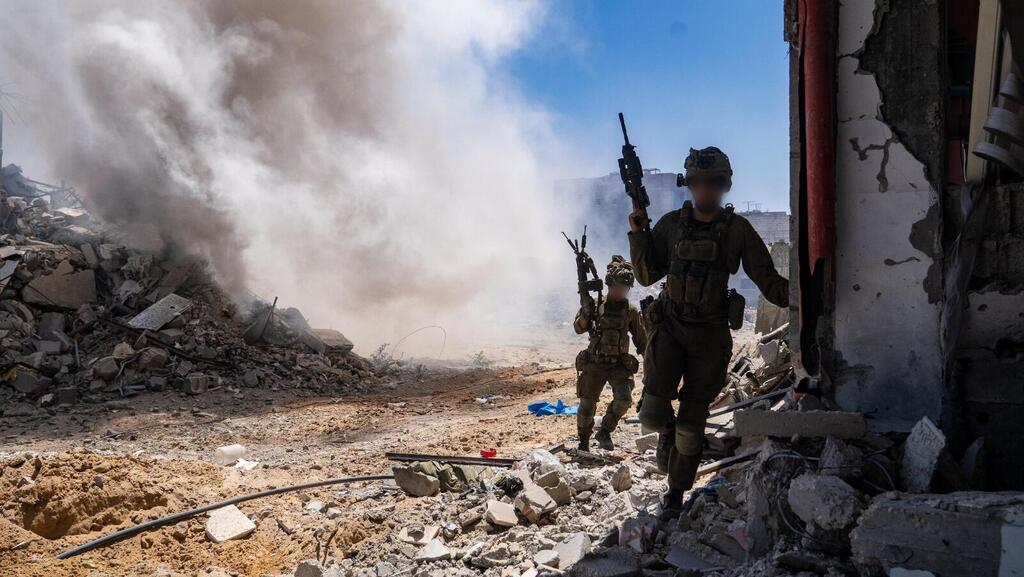Prime Minister Benjamin Netanyahu is prepared to make significant concession in the negotiations for a ceasefire and partial hostage release deal and under his instructions, the IDF is preparing to withdraw to new positions in the Strip, including a withdrawal from the Morag Corridor, previously declared to have strategic importance in the southern areas and to reduce the security zone along the border with Israel to just a few hundred meters after it was extended to a width of 2 kilometers (1.2 miles,) in recent months.
Diplomatic sources said Netanyahu's decision was part of his added pressure to reach a partial hostage release deal as soon as possible and that he instructed the Israeli delegation to the talks to remain in Doha in the hope that a deal could be reached within days.
Chief of Staff Eyal Zamir said earlier this week that the military will be flexibile to allow the government to reach its decision. "If there is a deal, we will deploy along the lines determined by the government," he said.
His message is clear. The IDF will not pose an obstacle to a deal that would be accepted by the government, even at the cost of a considerable withdrawal of forces.
But some security officials do not share Zamir's position. They believe leaving the Morag Corridor will allow Hamas to return to Rafah and would erode the achievements of the fighting in the latest offensive. They note that the concessions Netanyahu is prepared to make should not be made at this stage of negotiations and should be part of a final agreement to end the war and return all of the hostages.
Some in the military believe Hamas will never agree to give up all of the hostages it is holding so the practical way forward must be to bring as many hostages home as possible, even at a high cost.
As things currently appear, the concessions would lead to an end to the fighting in Rafah and the beginning of a process that would bring the war to an end, under pressure from U.S. President Donald Trump.


